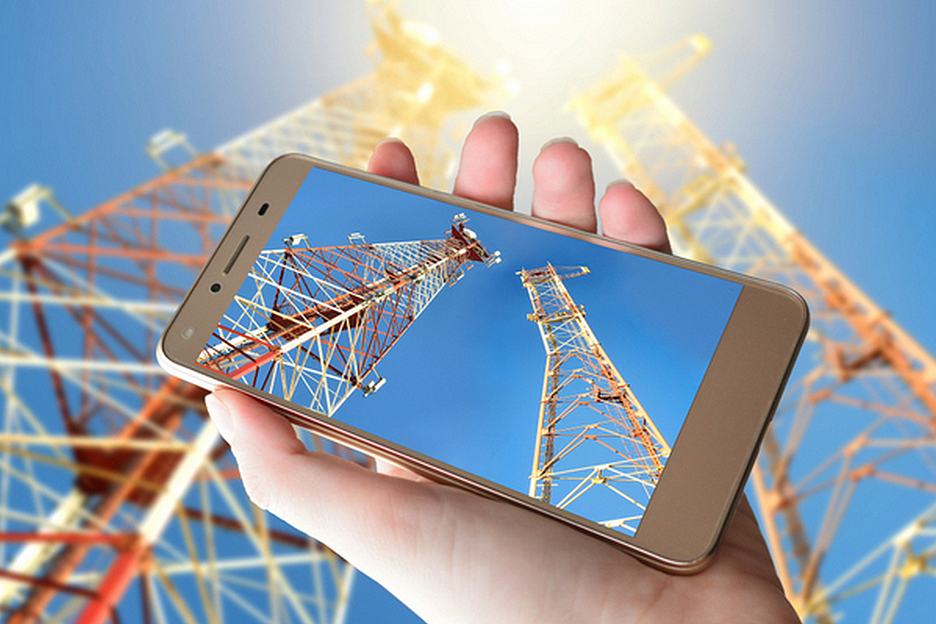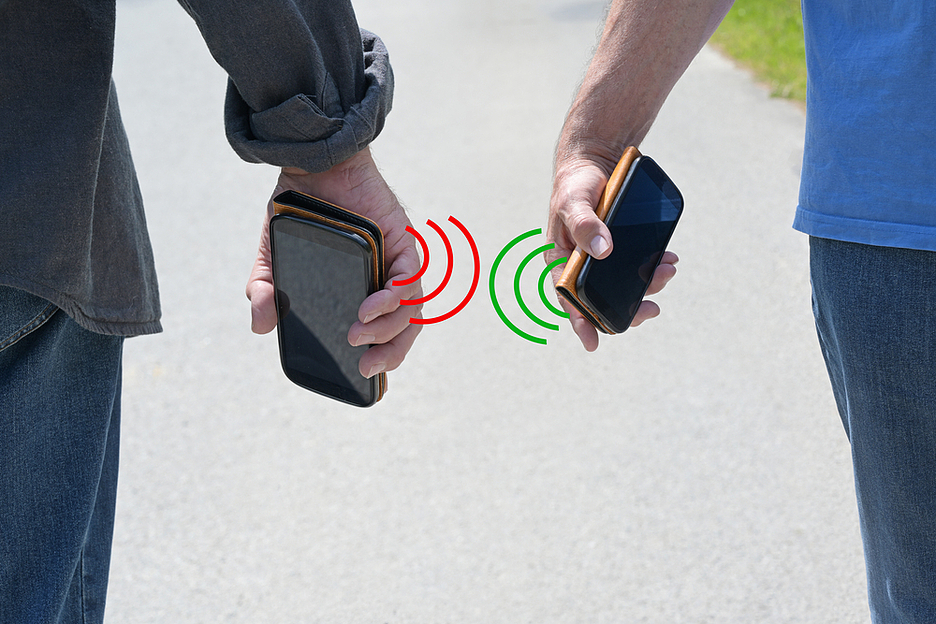![]()
AI Usage
Employees use chatbots to write e-mails, summarize documents and conduct initial research, for example.
(Photo: Boehringer Ingelheim)
London, Washington More and more employees in the USA are using the popular chatbot ChatGPT in their daily work. More than a quarter regularly use artificial intelligence (AI) in their everyday work, according to an online Reuters/Ipsos survey of 2,625 people in the United States published on Friday.
Only a fifth of companies explicitly allow the use of such external tools. Around ten percent of the respondents stated that their bosses had expressly banned external AI tools, while almost a quarter were not sure whether their employer would allow the use of the technology.
With the growing number of people who also use AI in their work, numerous companies are acting cautiously, while others are already integrating the new technology into processes. Employees use ChatGPT to write e-mails, summarize documents and conduct initial research, for example.
“They are normal e-mails like funny calendar invitations for team events or goodbye e-mails when someone leaves,” said an employee of the dating app Tinder, who did not want to be named. Although the management had not given any specific instructions regarding the chatbot, the employees would use it in such a way that nothing could be traced back to the company.
Companies evaluate the trend towards the use of AI differently. South Korean electronics company Samsung banned the use of ChatGPT and similar AI tools in May after an employee uploaded sensitive information to the platform.
Google warns to be careful, Coca-Cola starts using AI
Employees at the US consumer goods giant Procter & Gamble (P&G) also cannot use ChatGPT. “It’s completely banned from the office network, as if it wasn’t working,” said a P&G employee, who asked to remain anonymous. Even Google warned its employees in June to be careful when dealing with their own chatbot “Bard” or with competing products such as ChatGPT.
Other companies, such as the US beverage company Coca-Cola, were gradually approaching the software in order to improve the effectiveness and productivity of cooperation, a group spokesman said. The data remained within its own firewall, he added.
Employers are right to be cautious, said Paul Lewis, head of security at cybersecurity firm Nominet. “Everyone benefits from the expanded possibilities, but the information is not completely secure and can be filtered out,” he said. With targeted commands, chatbots could be made to reveal sensitive data.
More: Where companies are already relying on AI today









